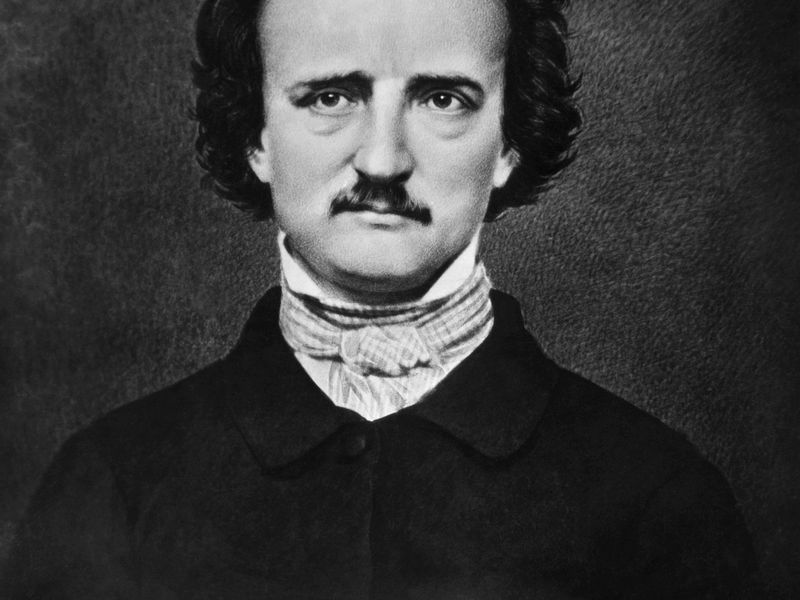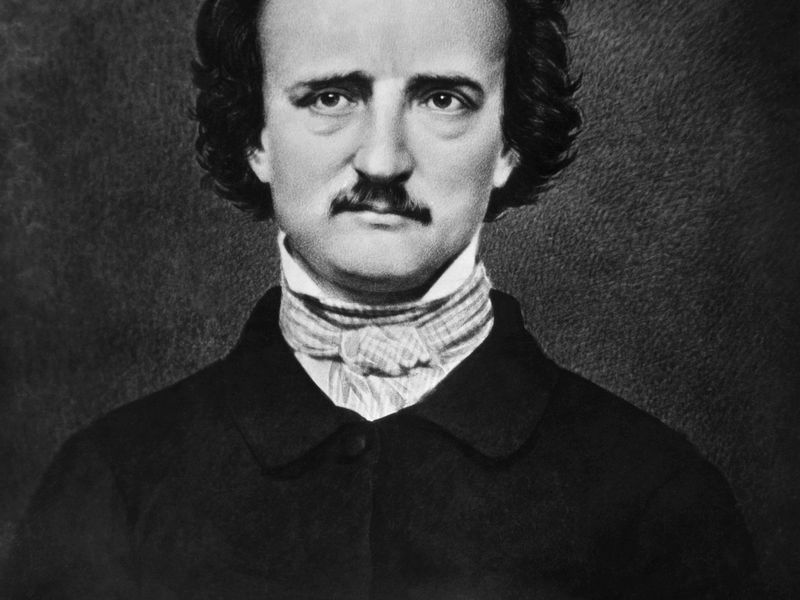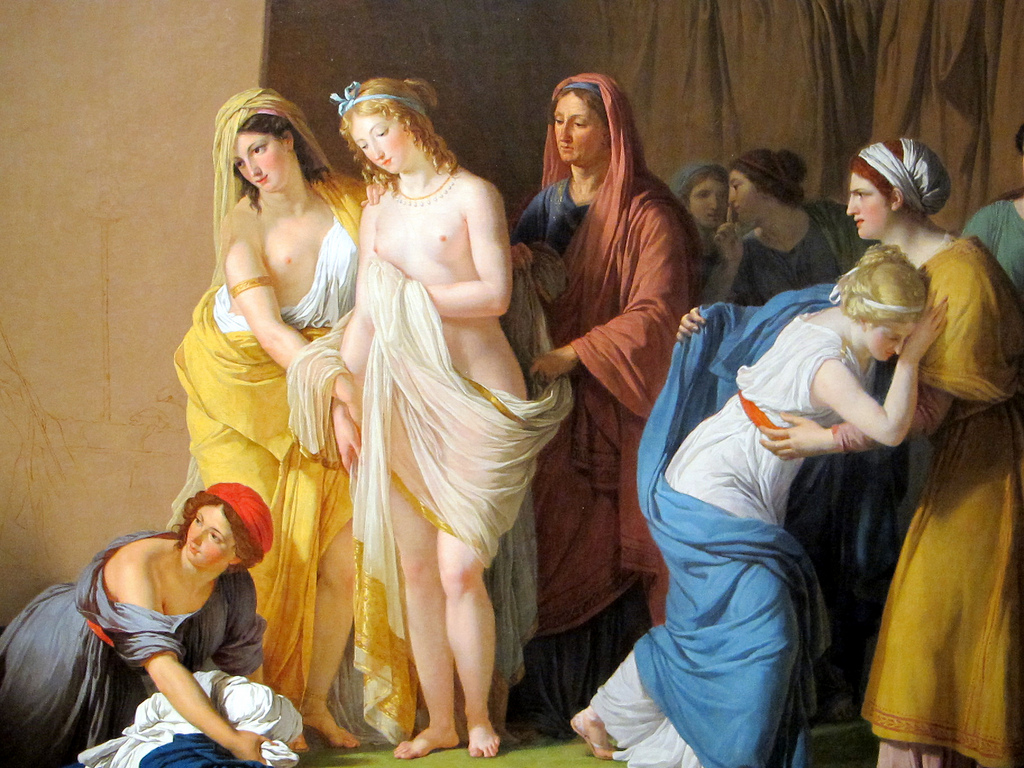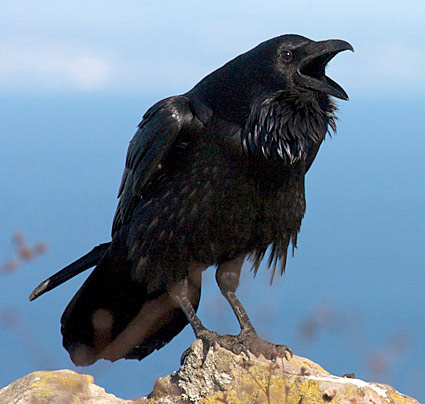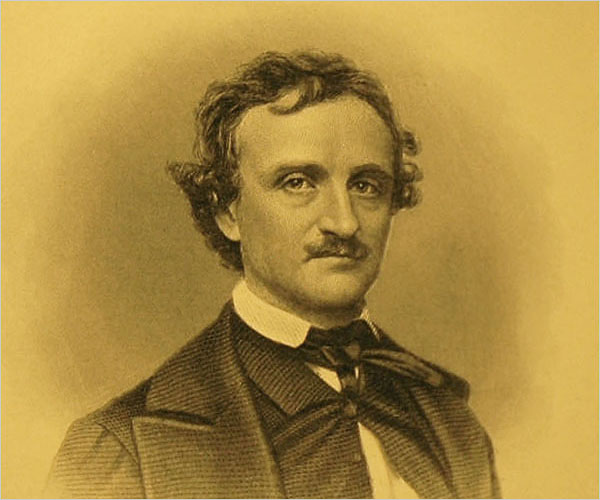Poe’s stature as a major figure in world literature is based on his poetry and short stories. His works manifested in brilliant language and technique mixed with inventive style and imagination. His poetry even influenced the French Symbolists of the late nineteenth century who in turn shaped the direction of the modern literature. Death, after-life, impermanence and uncertainly were mostly the themes in Poe’s poetry. He believed that reality is impermanent and uncertain. In poems such as “Eldorado” the theme of death and after-life is evident. The protagonist in the poem, a ‘gallant knight’ reaches his goal in death, having spent his life in endless seeking of an imaginary land named ‘Eldorado.’
‘El Dorado’ is considered as a literary masterpiece. It derives its name from the Spanish word ‘golden or gilded.’ According to the legend, Eldorado was a city of gold and unimaginable wealth. Its rumor had once triggered a number of futile quests among the Spanish conquerors during the sixteenth century.
The poem begins with a ‘gaily’ dressed, ‘gallant knight’ searching for Eldorado for day and night in vain. The second stanza shows that the knight has grown old but he still remains spirited looking for El Dorado. But the knight has not yet come across a land which looked like Eldorado.
In the third stanza, he meets a ‘pilgrim shadow’ which is symbolical of death and the knights asks it about the way which may lead to Eldorado. The shadow replies that the land could be found ‘over the mountains of the moon’ and ‘down the Valley of Shadow.’ Moreover the shadow asks the traveler to ‘ride, boldly ride’ if he wants to ‘seek for Eldorado.’ Here the ‘Valley of Shadow’ is a biblical allusion referring to the Valley of the Shadow of Death. Therefore, the knight meets his doom in the third stanza of the poem.
Structurally, the poem consists of four stanzas, each having six lines, known as sestets. It is composed in iambic diameter. The lines are short to show the brief time while the brevity of life demonstrates obstacles faced by the knight where vast distances must be sought by the knight in very short time. The poem is written in the rhyme scheme aabccb except in the last stanza where it is abcddc.
A surreal, dreamlike atmosphere pervades the poem. The first six lines are cheerful in nature, showing the spirit of the knight who unswervingly believes that El Dorado exists and he would definitely at some point of time find El Dorado. He is portrayed as ‘singing a song.’ The poem turns gloomy and melancholic in the succeeding stanzas. There is no hint of sunshine anymore but only shadow. The next lines are less vigorous in tone as it describes the knight ‘not so bold’ and who has not yet found El Dorado and he has grown old then. He is even overshadowed with despair and depression being unsuccessful in finding the land of gold and wealth. The third stanza brings him to his death-bed; also his ‘strength has failed him at length’ unlike in the beginning of the poem. In the final stanza, the knight continues his quest unto death as advised by the ‘pilgrim shadow.’
A number of poetical devices are used and metaphor is one of them. The word ‘shadow’ is used in every stanza but each one of them differs from each other in meaning. In line no.3, we come to know that the knight has journeyed ‘in sunshine and in shadow.’ Shadow here is a metaphor representing night or any dark place through which the knight has travelled. In the second stanza, line 9, symbolizes depression and despair in the heart of the knight, ‘and o’er his heart a shadow.’ This despair overshadows the knight as he is unable to find El Dorado. In line 15, the ‘pilgrim shadow’ is probably referred to as a ghost or a spirit symbolical of death. Some critics say, it could also mean the knight himself who is wandering as a ‘pilgrim’ and is discontented or unfulfilled like a ‘shadow.’
The ‘pilgrim shadow’ is a Biblical allusion to a metaphor for death, life’s final destination. In the same stanza, the shadow is then termed as ‘shade’ which speaks again and tells the knight to ‘ride boldly.’
Another Biblical allusion is the ‘Valley of the Shadow’ which is a symbolic description of the world meaning darkness and death which one has to pass through on earth. It is a part of human experience.
The poem is allegorical nature too. The final stanza delivering the truth that the search ends only in death. Poe’s themes are often associated with death and afterlife and characterizing life as a constant search and which is fulfilled only in death.
‘Ride’, ‘ride’, the repetition of the letter R and ‘shade’, ‘seek’, the repetition of the letter S are examples of alliteration.
In lines 21, ‘shadow’ has been personified. The knight meets the shadow and asks him question as if the shadow is an living entity. The knight represents each one of us who travels the journey of life.
Historically, Eldorado (or El Dorado) is Spanish for “the gilded one.” Spanish explorers coined the term in the early 1500’s to refer to a legendary South American tribal chief in northern South America. According to tales the Spaniards heard, this ruler presided over a kingdom rich in gold and precious gems. It was said that he covered his body with gold dust during festivals, later washed it off in a lake. The “golden city” was called Omagua. As time passed, the kingdom itself came to be called Eldorado, and explorers from Spain, Portugal, Germany, and England searched northern reaches of the continent to find the kingdom and its fabulous treasures. None of the expeditions succeeded. Subsequently, Eldorado is used to refer to any land of wealth or opportunity.
Life is a journey. We journey in order to seek pleasure, joy, wealth, adventure, God etc. Man is meant to seek. A man finds everything only in his death. If he finds, he dies. Just like the knight in the poem who boldly rides to find answers.
Epic in theme, brief in length, powerful in symbols and metaphor, clever rhyming scale, all these indeed make the poem, ‘Eldorado’, a literary masterpiece.
Some online learning platforms provide certifications, while others are designed to simply grow your skills in your personal and professional life. Including Masterclass and Coursera, here are our recommendations for the best online learning platforms you can sign up for today.
The 7 Best Online Learning Platforms of 2022
- Best Overall: Coursera
- Best for Niche Topics: Udemy
- Best for Creative Fields: Skillshare
- Best for Celebrity Lessons: MasterClass
- Best for STEM: EdX
- Best for Career Building: Udacity
- Best for Data Learning: Pluralsight
